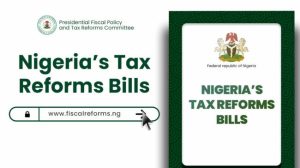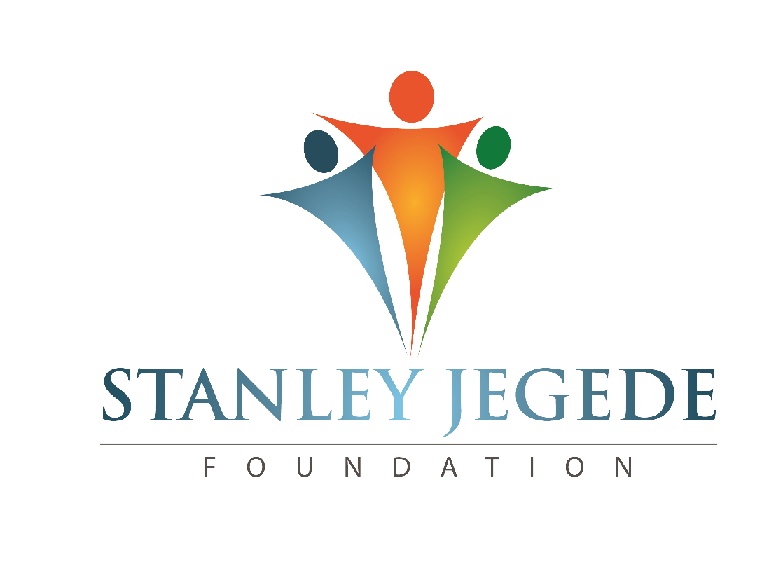
The Nigerian Presidential Committee on Fiscal Policy and Tax Reforms has unveiled a comprehensive set of tax reform bills aimed at overhauling the nation’s fiscal framework. The proposals address critical issues such as low tax compliance, economic inefficiencies, and multiple taxation while seeking to stimulate economic growth and alleviate poverty.
Read Also: FG Excludes Farmers, Small Businesses, Manufacturers from Withholding Tax
The Context
Nigeria faces significant economic challenges, including sluggish GDP growth, high inflation (33.88% as of October 2024), and rising poverty levels, with over 133 million Nigerians in multidimensional poverty. The country’s public debt continues to grow faster than its revenue, with debt servicing consuming 74% of revenue in 2023.
Key Proposals
1. Simplified Tax Structure
• Reduction of over 60 taxes to a single-digit structure, including income tax, value-added tax (VAT), excise tax, and stamp duties.
• Elimination of low-yield “nuisance taxes” that disproportionately affect small businesses and the poor.
2. Personal and Corporate Tax Reforms
• Reduction in corporate income tax from 30% to 25% over two years.
• Introduction of tax reliefs for small businesses, individuals, and sectors like digital and export services.
• Progressive personal income tax structure to protect low-income earners.
3. VAT Adjustments
• 0% VAT on essentials like food, healthcare, and education.
• Gradual VAT increases on luxury items from 10% in 2025 to 15% by 2030.
4. Enhanced Compliance and Transparency
• Implementation of digital tools such as e-invoicing and VAT fiscalisation to reduce tax evasion.
• Establishment of a Tax Ombud office for taxpayer rights protection.
5. Revenue Allocation Reforms
• Equitable VAT revenue sharing among federal, state, and local governments based on activity and need, rather than the current “headquarters effect.”
Economic Stabilisation Efforts
The reforms also address foreign exchange management, inflation control, and job creation. Notably, incentives are proposed for employers creating incremental jobs and retaining them for at least three years.
Challenges and Outlook
Chairman Taiwo Oyedele emphasized that these reforms represent a “once-in-a-generation opportunity” to transform Nigeria’s fiscal landscape. However, he acknowledged potential resistance from stakeholders and emphasized the importance of public engagement and transparent implementation.
The reforms are expected to boost investment, improve Nigeria’s global competitiveness, and reduce the tax burden on citizens while increasing overall revenue efficiency. Stakeholders, including private sector leaders and civil society, are encouraged to participate in shaping the final legislation.
Read Also: Tinubu Approves 4 Executive Orders, Cancels 5% Telecoms Tax On Calls, Data
Below is how we can help you promote your event, organization and products/services . This is the best you can get from this global platform of over decades experience.
PACKAGE:
First Leg: Full page Promotional package showcasing your Invitation Card, Banner/Flex, 3 different Photographs and brief of the coming event. Also your picture/Name will be the headline News in digivation blog(Pre-Event)
Second Leg: Full Page Promotional package of the event showcasing 5 different photographs plus short audio/visual clip of the event. Also org. picture/Name will be the headline news our blog(Post-Event).
Rate: N150,000 Only For Both Pre and Post Events. (Rate is only Applicable during the Promotional Period)
For further inquiries, contact the undersigned:
Hilary Damissah (Editor)
Mojisola Alabi ( business Development)
Email: digivationtv@gmail.com
Chief Imo Ukwa(Advert Consultant) 08063779938



